
Mediator
Description
Mediation is the unforced intervention in a conflict by a neutral third party to help the parties involved to resolve it themselves. The characteristics that distinguish it from other procedures are voluntariness, communication and the effort to understand each other and reach fair agreements.
Mediators conduct the negotiation for the resolution of a conflict, which may be of a family, work, community, international, ethnic or interpersonal nature, among others. They conceive conflict as an inherent part of human interrelation and understand it as a divergence of interests where positive elements can always be found, and where the solution will always emanate from the agents involved.
Thus, these professionals act as conductors of the resolution process, accompanying and guiding it, so that the parties in conflict can find a consensual solution to the problem by themselves. Mediators control the process, not the result, which always remains in the hands of the parties involved, but in any case, they act in an attempt to reduce tension, induce serenity and encourage communication.
The fields of application of mediation are diverse: family mediation; social mediation; school mediation; work mediation; intercultural mediation; consumer-business mediation and international mediation. In all areas, mediation can be motivated by the will of the parties involved or by the express intention of a judge, in order to help re-establish communication between the parties and avoid or facilitate a judicial resolution.
Tasks
Analyse the characteristics of the conflict and whether it can be mediated.
- Analyse the conflict and diagnose whether it can be mediated once both parties have agreed that they want to start mediation.
- Separate interviews are held with each of the parties in order to contrast the principles, reasoning and positions; to evaluate the principle of voluntary participation in the mediation process and to analyse to what extent the symmetry of power (material, emotional, etc.) is manageable, making sure that there is no aggression or open legal proceedings between the two parties and agreeing a cessation of hostilities for the duration of the mediation process.
- Issue the result of the diagnosis of whether the conflict can be mediated and formally open the project dossier.
- Draw up a first proposal for a work plan and establish a timetable and commitments for action, as well as the mediation sessions, to ensure that a resolution of the conflict is reached.
- Interview the parties in order to inform them about what is expected from the mediation process, what will be done and how it will be done, how long it is expected to last and how the information generated will be used, the role of mediators and their fees and the code of values by which the mediation will be governed, making clear the issues of confidentiality, rights and voluntary participation.
- Create and prepare the spaces and conditions to favour a participative and communicative attitude among the mediators, reminding them of the basic rules of participation in the mediation sessions.
- During the sessions, facilitate communication between the parties, invite active participation, channels the dialogue by applying communication techniques and group dynamics, redirect the contents of the dialogue in order to clarify the elements of discussion, induce the parties to understand the different positions and reasoning, synthesise and summarise the progress of the process, and ask questions.
- Bring forth ideas and options from the parties, contributing their own ideas without pressuring and examining the strengths and weaknesses of the options and their consequences.
- If necessary, ask for opinions or information from outside the parties (experts, technical specialists, etc.) depending on the technical nature of the conflict.
- Close the mediation session with a summary and synthesis of the key aspects and establish the necessary guidelines to continue progressing in the rest of the sessions.
- Collect the agreements and solutions paths that have been agreed by the parties and formalise the commitments in a written document, reflecting the measures and actions to be taken from that moment onwards.
- If requested, can follow up on closed projects.










 | Catalan | Beginner
| Catalan | Beginner | English | Advanced
| English | Advanced
 Open
Open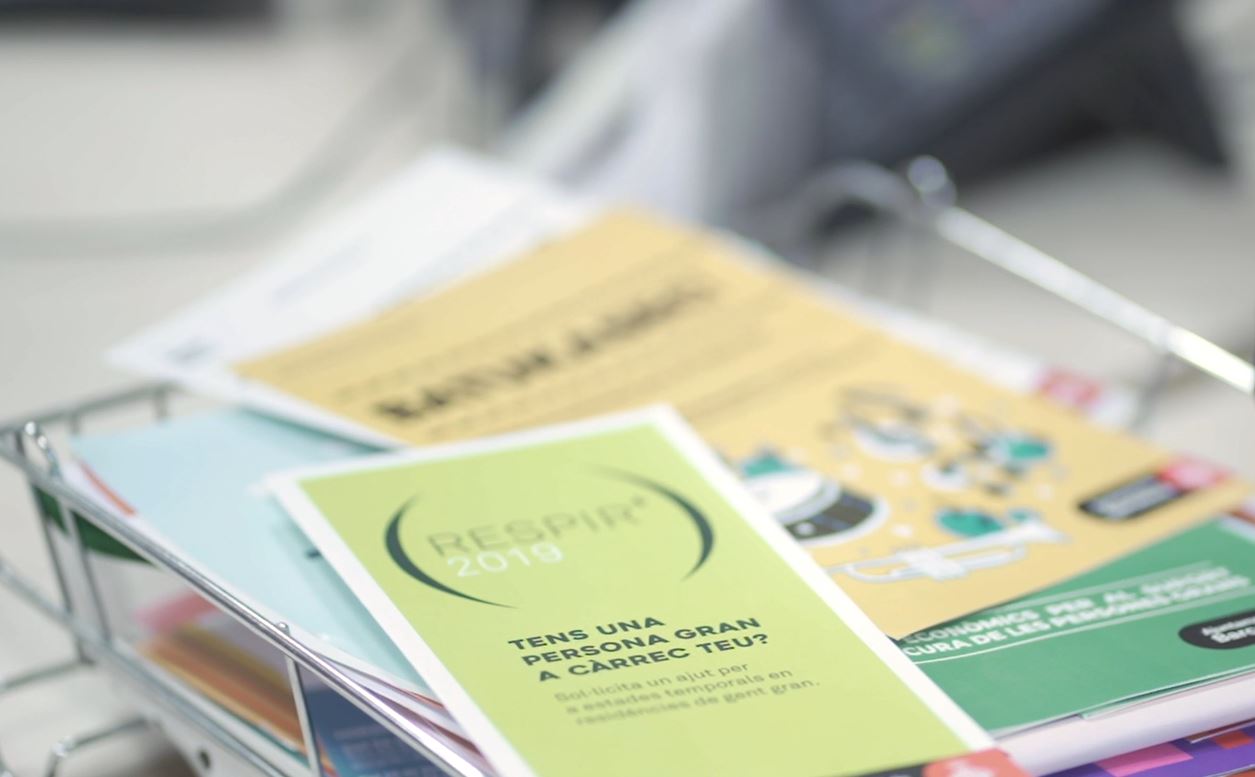
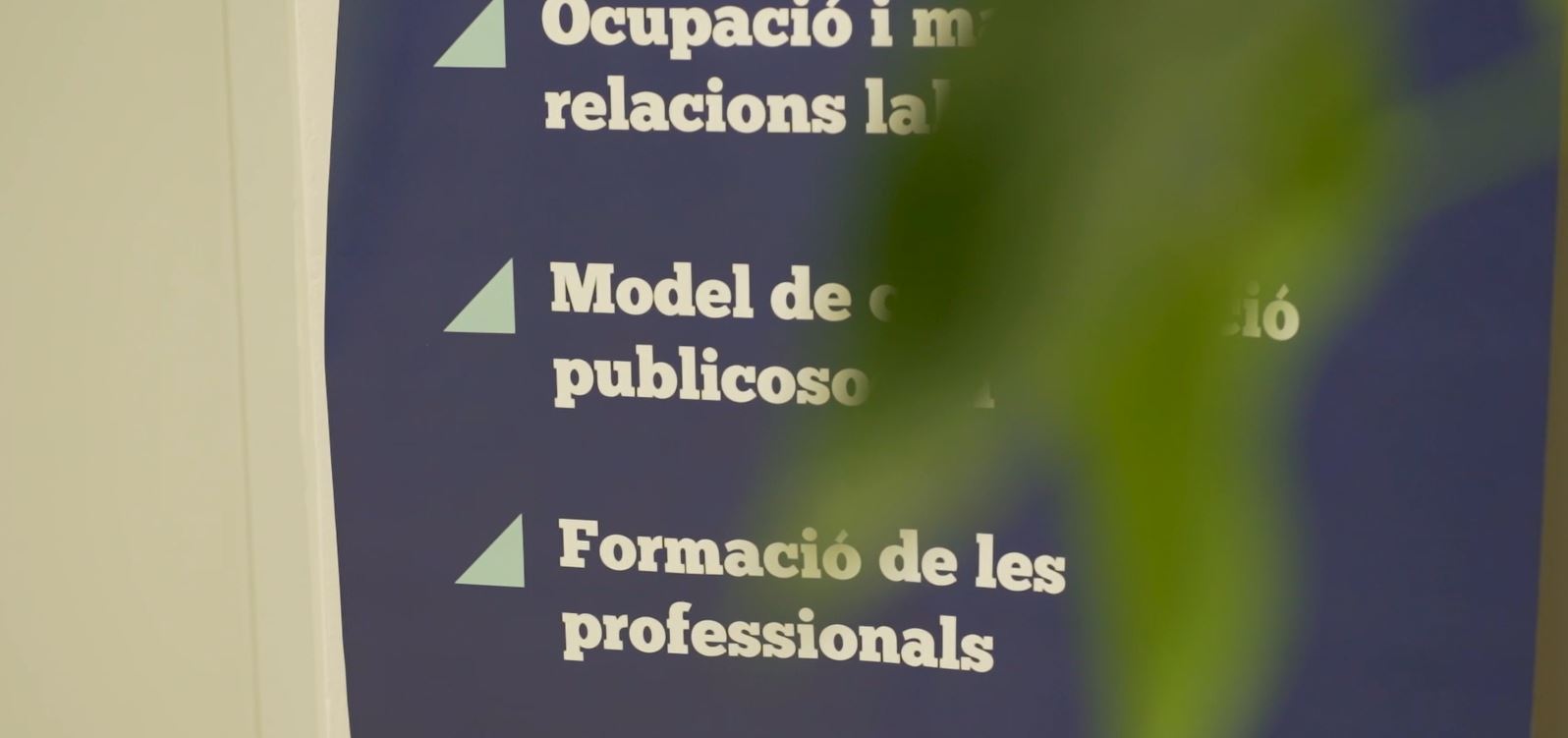
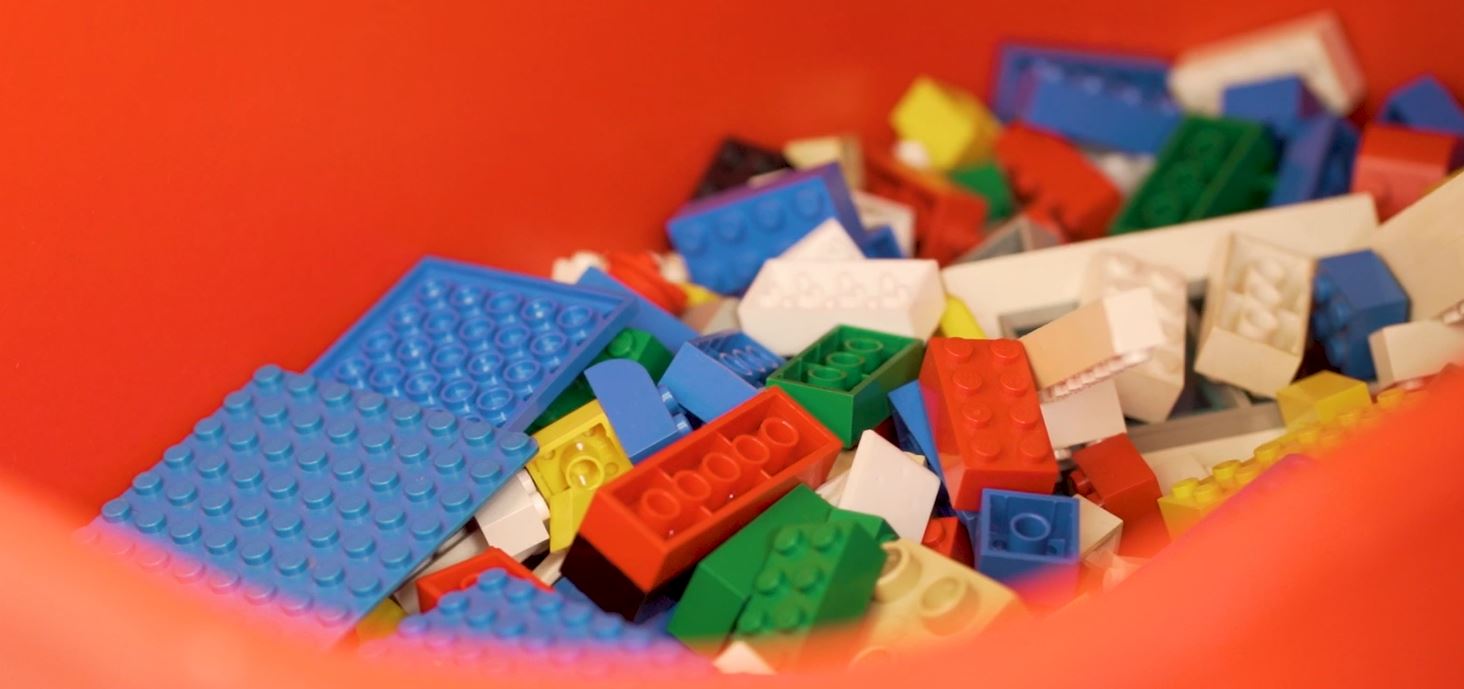
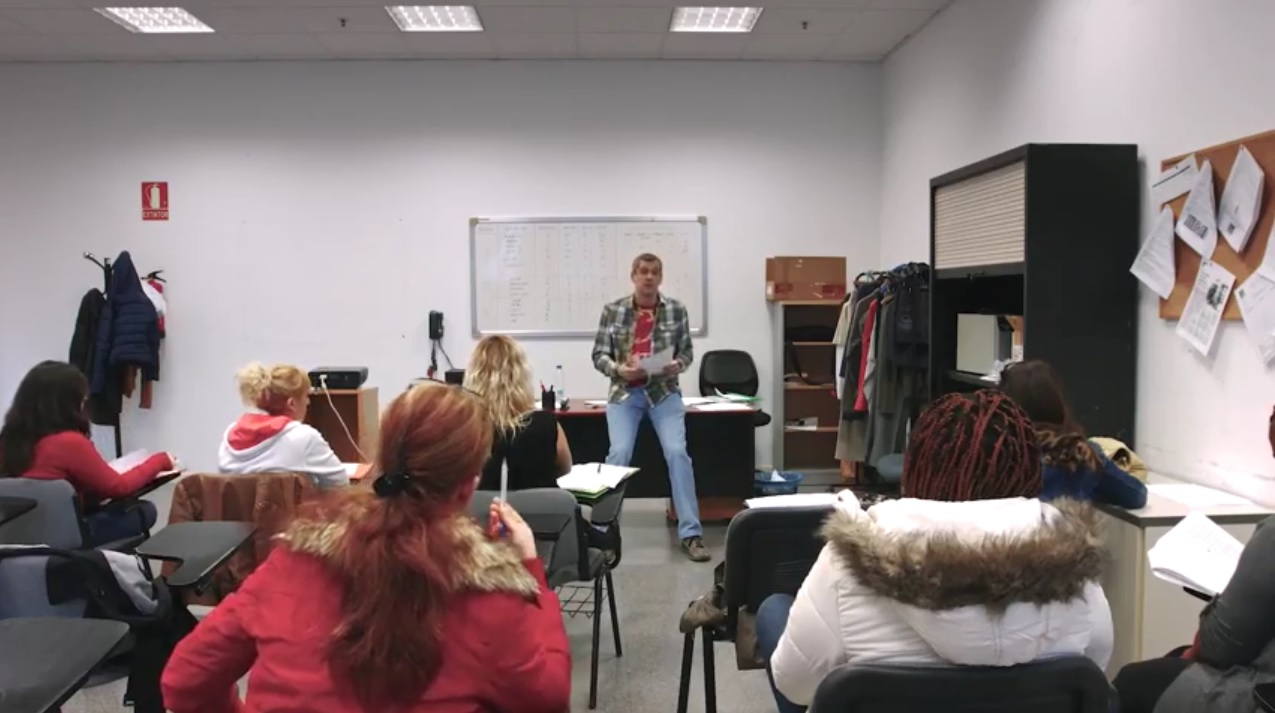
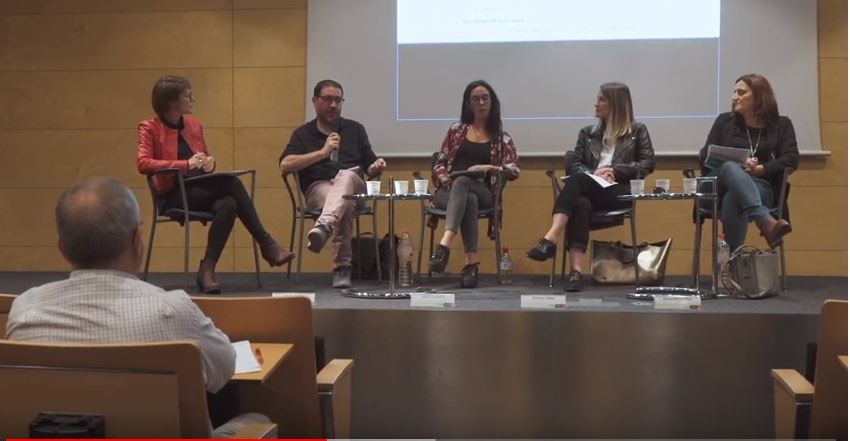
 | English | Beginner
| English | Beginner


